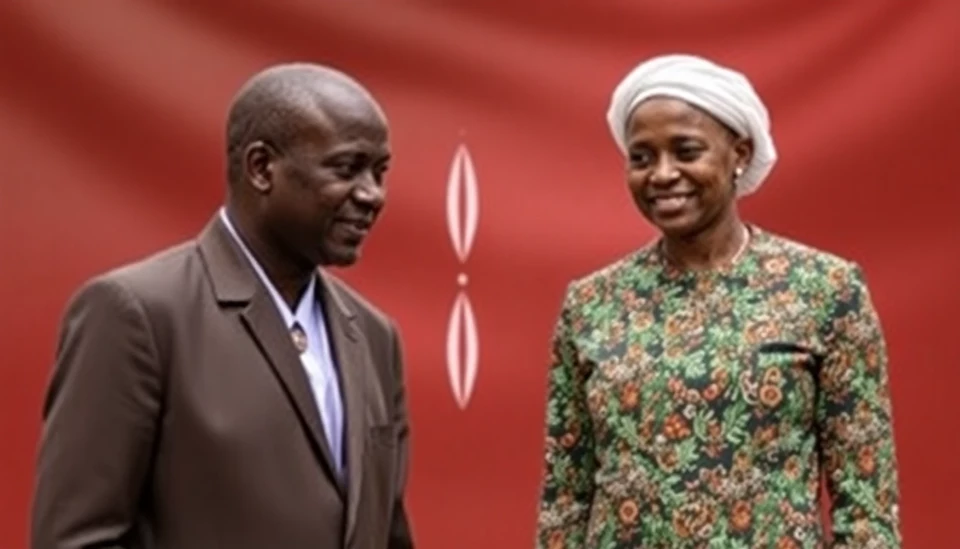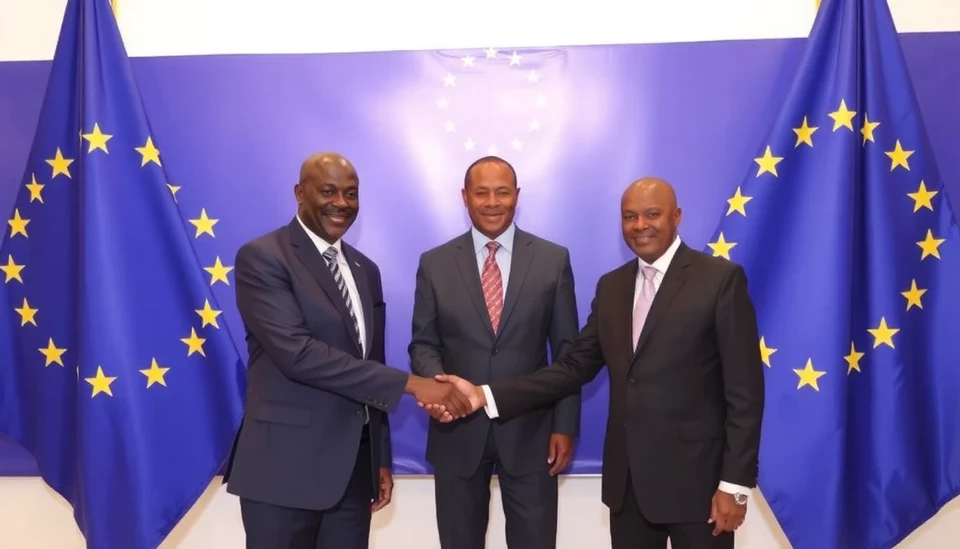
In a significant development in international finance, Kenya has opted to delay the approval of a substantial $1.5 billion loan from the United Arab Emirates (UAE). This postponement comes amid rising concerns regarding the nation's ongoing negotiations with the International Monetary Fund (IMF) for a crucial funding program.
Sources indicate that the loan deal, which was initially welcomed as a lifeline for the cash-strapped East African nation, is now subject to scrutiny as Kenya seeks to align its fiscal strategies with IMF requirements. The Kenyan government’s decision reflects its commitment to adhere to the stringent conditions that IMF imposes on its borrowing programs, a move intended to stabilize the country’s economy plagued by inflation and rising debt levels.
The loan from the UAE was viewed as a much-needed financial boost aimed at bridging budget deficits and financing various development projects crucial for Kenya’s economic revitalization. However, the complexities of international debt and the necessity of complying with IMF's stringent criteria have led to a re-evaluation of the proposed agreement.
Kenya's recent fiscal challenges have intensified, with rising costs of living affecting millions and prompting public discontent. The government has been under pressure to implement measures that ensure economic stability while also addressing the needs of its citizens. As such, the delay in the UAE loan highlights the underlying tension between seeking immediate financial support and ensuring that long-term economic frameworks are maintained.
The IMF lending programs are designed to encourage fiscal discipline and economic reforms, which will ultimately guide countries in managing their debts more efficiently. However, for Kenya, the balancing act involves securing international funds without compromising its economic sovereignty or the welfare of its population.
Looking ahead, the Kenyan government remains optimistic about securing a favorable agreement with the IMF that could also pave the way for the eventual approval of the UAE loan. Officials have been working diligently to negotiate terms that both satisfy the conditions set forth by the IMF and serve Kenya’s developmental agenda.
The developing situation reflects broader trends in global finance where developing countries are increasingly cautious about taking on new loans, especially from foreign entities, due to the potential implications for their economic stability. The forthcoming months will be critical for Kenya as it aims to navigate the intricate dance of securing international loans while ensuring compliance with fiscal policies that promote sustainable economic health.
In conclusion, Kenya's decision to stagger the $1.5 billion UAE loan serves as a reminder of the intricate dynamics between international lending and domestic economic policy. As Kenya seeks to align its borrowing strategies with IMF guidelines, the focus on achieving an optimal balance of immediate financial aid and long-term fiscal sustainability is more crucial than ever.
Stay tuned for further updates on Kenya’s financial negotiations and the critical implications for its economy.
#Kenya #UAE #IMF #LoanNegotiations #EconomicPolicy #InternationalFinance #DebtManagement #FiscalStrategy
Author: Laura Mitchell




